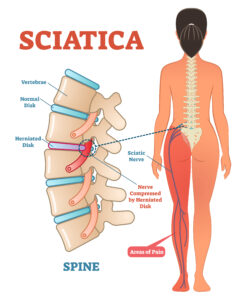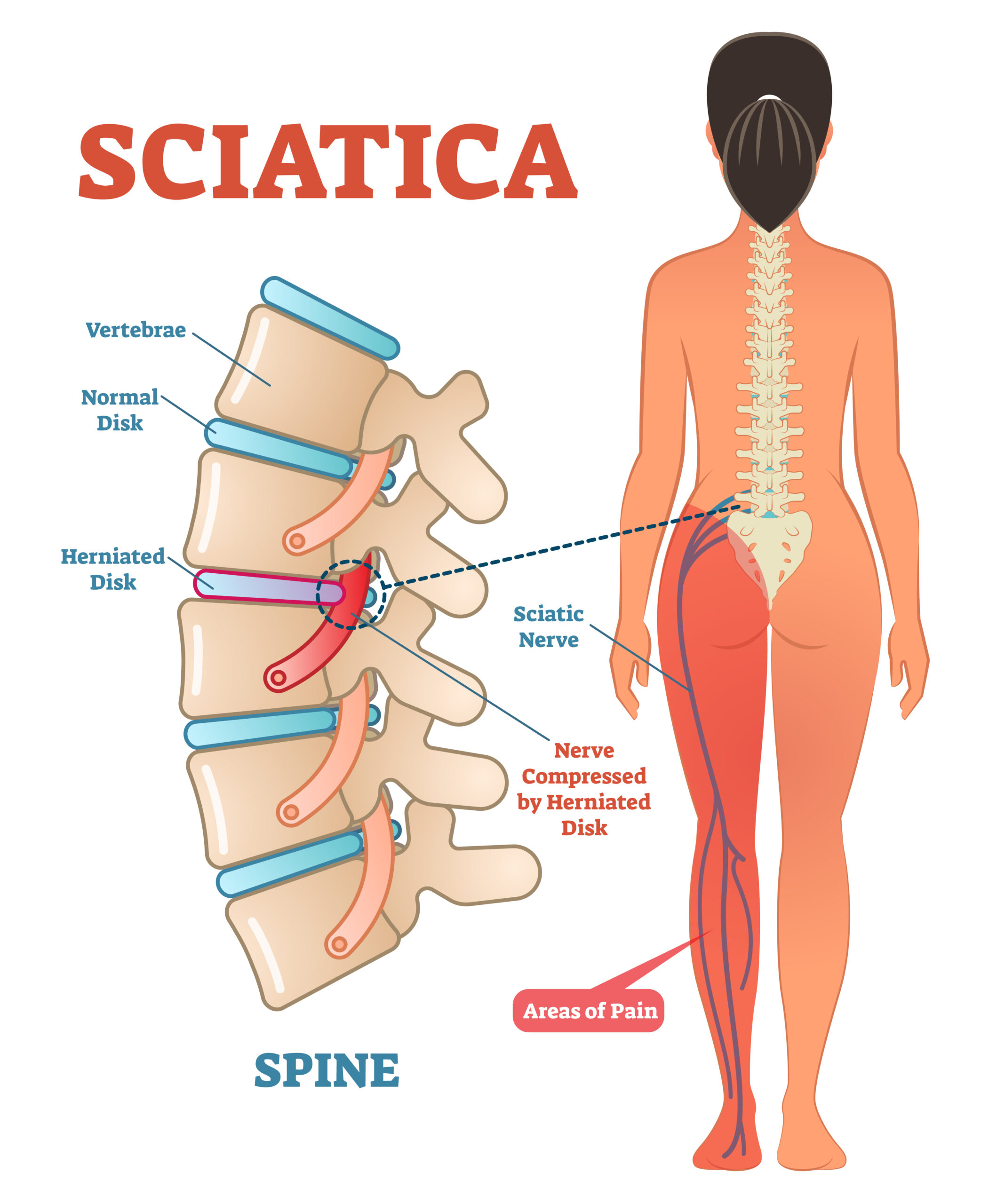A migraine is much more than just an intense headache. Unlike headaches that can be an annoyance over the course of an afternoon, migraines can pulse and throb and be accompanied by nausea, vomiting and sensitivity to external stimuli such as harsh lights and sounds. Making matters worse, migraines aren’t as temporary as headaches either, often lasting for hours and days, accompanied by severe pain that can make it difficult to concentrate on the day’s activities.
For some unlucky migraine sufferers, a pre-migraine symptom such as an aura can present itself before a migraine hits, which can include flashes of light or tingling in the face or extremities. In severe cases, some migraine sufferers may even experience difficulty speaking prior to the onset of a migraine.
Common Migraine Triggers
Unfortunately, there’s no medication or something that you can take to prevent a migraine. While some medications may help keep the pain at bay, migraine treatment is more a function of management, minimizing your migraine triggers and staying open to alternative therapies that can relieve pressure and pain without heavy narcotics.
- Hormonal Changes
One of the most common causes of migraine headaches for women is hormonal changes. Not only do women tend to get migraines more than men, but many migraines are actually triggered by estrogen fluctuations, such as those that are common with menstrual periods, pregnancy and menopause. Some medicines such as oral contraceptives and hormone replacement therapy can also cause migraines, though in other women these medicines may reduce the frequency or severity of migraines.
- Alcohol and Caffeine
Another common cause of migraine headaches is alcohol, such as beer, liquor and especially wine. Caffeine found in drinks can also be to blame, meaning that your morning cup of coffee or an afternoon energy drink, or even a lunchtime soda, can trigger a migraine if you’re not careful. Ironically, heavy caffeine consumption can also cause migraines if you haven’t had your morning cup of coffee yet — a sort of caffeine withdrawal symptom — which can make caffeine’s influence difficult to assess.
- Stress
We all know the effect that stress can have on our mood, but did you know that stress is one of the common causes of migraine headaches? Whether it’s from home, work or another source, heavy levels of stress can send our bodies into a state of shock, triggering migraines again and again until the stressors are reduced or eliminated. Meditation, yoga and other relaxation techniques can help reduce or mitigate migraines.
- Sensory Stimuli
Our fourth common cause of migraine headaches is sensory stimuli, which can take many forms, such as bright lights, loud sounds and even strong smells. That means the wrong bit of glare, a loud bang or a pungent smell — including secondhand smoke, perfume or paint thinner — can prompt a days-long migraine.
- Changes in Sleep Patterns
It’s more than an understatement to say that sleep is important. But when it comes to migraines, any change in your sleep schedule can end up triggering a debilitating migraine. Missing or getting too little sleep is a common cause of migraine headaches, but so is getting too much sleep or instantaneously altering your sleeping pattern as in the instance of jet lag. Your mind might know that you’re in a different time zone, but your body has to deal with the repercussions of it.
- Physical Exertion
Whether you exercise often or not, intense physical exertion can be a common cause of migraine headaches. That includes not only specified workouts, but also things that may not be seen as workouts such as packing for a move or engaging in landscaping tasks outside. For some, even sexual activity can prompt migraines.
- Changes in the Weather
Just like how some people have their allergies kick into high gear anytime the weather suddenly changes, migraine sufferers may also have a negative effect with a change of weather or a barometric pressure shift. While you won’t necessarily be able to plan in the event of a weather change, a recent change could explain a current migraine.
- Medications
Many people choose to fight migraines with pain medications and other pills that can turn a migraine from overbearing to manageable, but some medications can actually make a migraine worse or even trigger a migraine in the first place. These include oral contraceptives and vasodilators (nitroglycerin).
- Foods
Those who are prone to migraines may also want to have a look at the foods they eat. Certain processed and salty foods can trigger migraines, as can aged cheeses and other foods. Even skipping meals and fasting can trigger migraines as the body struggles to adjust to a lack of routine. If you’ve recently changed your eating habits and are starting to suffer from migraines, the culprit could be the food you’re eating or your lack of mealtime habits.
- Food Additives
In addition to the food you eat, certain food additives can be common causes of migraine headaches, such as sweeteners (aspartame) and preservatives (MSG). Unfortunately, these food additives are present in many foods prior to purchase, making food choice a crucial front in the war against migraines.
Migraine Risk Factors
But that’s not all. Certain populations are more prone to migraines regardless of their exposure to certain migraine triggers. Case in point, if you have a family history of migraines, you may be prone to get them, too. Age is also a contributing factor, and migraines tend to peak in the 30s, reducing in severity and frequency in younger and older populations.
As mentioned earlier, women are also three times more likely to suffer from migraines than men, with hormonal changes such as menstruation, pregnancy and menopause commonly triggering migraines.
Fighting Migraines With Chiropractic Treatment
No matter the underlying cause of your migraines, we can help reduce the severity and frequency of your migraines or debilitating headaches as part of a holistic approach. In addition to exercise, getting good sleep and eating and drinking the right things, many patients report that chiropractic and physical therapies have reduced or completely eliminated their debilitating migraines.
Can chiropractic treatment help migraines? The answer is a resounding yes! If you’re fed up with numbing medications that don’t do much other than leave you feeling out of it and still reeling from dull migraine pains, the good news is that there’s a better way. With a chiropractor for migraines in Jonesboro, GA, the migraine treatment you need is just a phone call away. Don’t delay; call us today to rid yourself of migraines once and for all.







